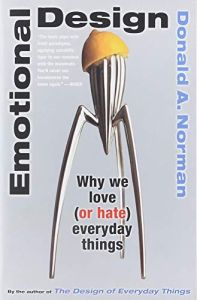
Emotional Design
Why we love (or hate) everyday things
First Edition: 2003 más...
Published by Basic Books, a subsidiary of Perseus Books LLC
ISBN: 9780465051366
Pages: 257
Read or listen offline
Amazon KindleRecommendation
Understanding the emotions consumers feel about the objects you sell can help your business make the most of its product designs. Expert Donald Norman explains how being attractive, fun and enjoyable makes a product better. He explains that the emotions which affect purchase decisions are based on three aspects of design: "visceral" (appearance), "behavioral" (performance) and "reflective" (memories and experiences). He provides interesting case studies to show how objects evoke emotions. Norman’s central theme is that "attractive things work better." And, the book works best when he hews to that theme; the last section, where he veers into a discussion of robots, doesn’t seem as pertinent or as strong. getAbstract recommends this book to anyone who wants to understand how design affects emotions, and how emotions affect purchasing decisions.
Summary
About the Author
Donald A. Norman, a cognitive scientist, has written many books including the popular The Design of Everyday Things. He is a consultant, a professor of computer science at Northwestern University and a frequent public speaker.








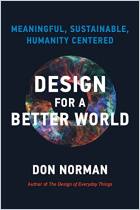
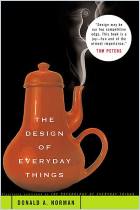

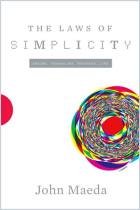
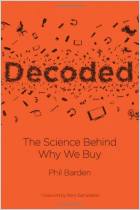
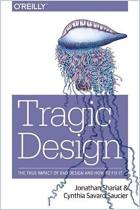

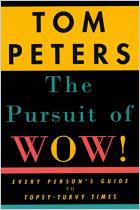



Comment on this summary